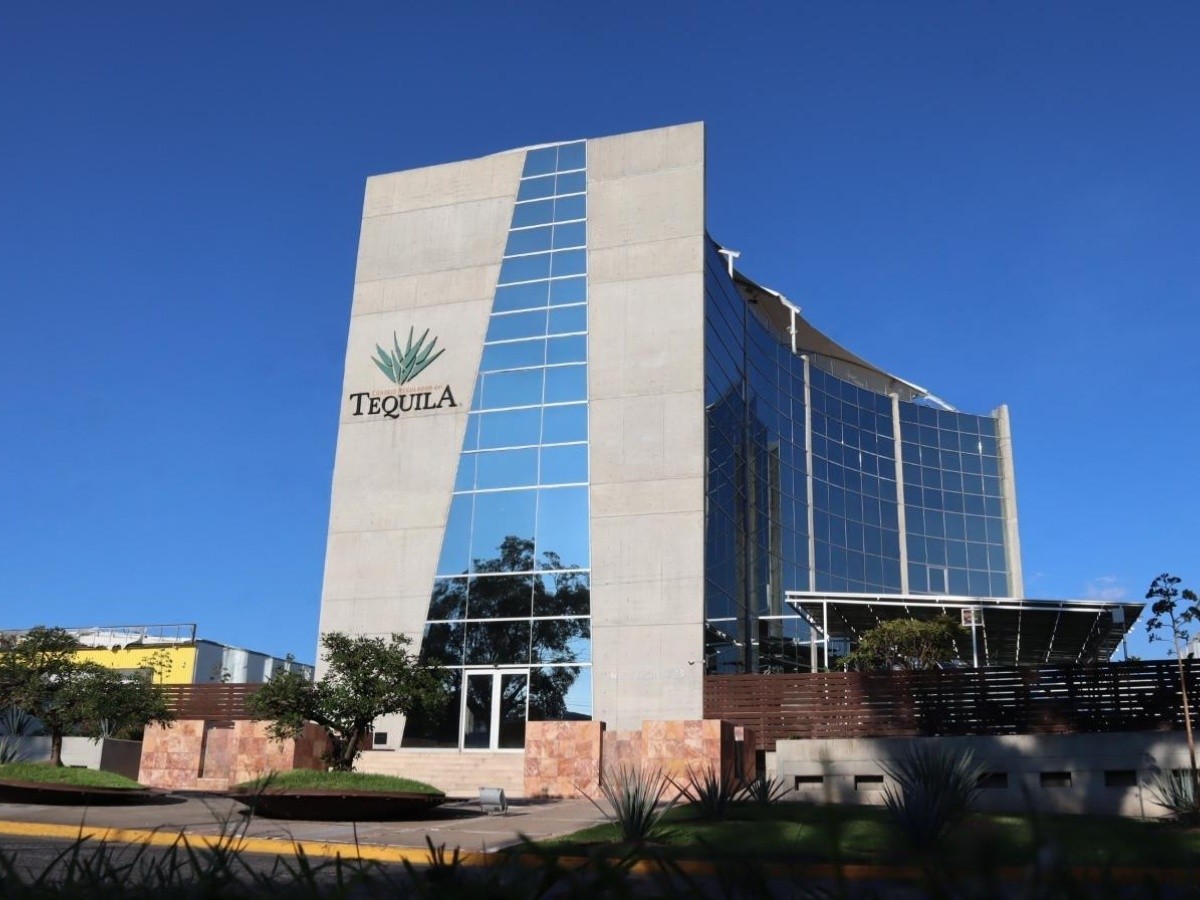With Donald Trump’s return to the White House, various industries are bracing for the potential impact of his renewed trade policies. One key concern centers on his approach to tariffs and trade with Mexico—an important consideration for the tequila market, which relies heavily on exports to the United States.
The Risk of Trade Tariffs on Mexican Imports
Trump has long prioritized reducing the U.S. trade deficit with Mexico, which stands at billions of dollars. During his first term, he implemented tariffs on a range of goods to encourage American manufacturing and reduce dependence on foreign imports. Now that he has resumed office, there is growing speculation that he may reintroduce protectionist policies, including new tariffs on Mexican products. Since the U.S. imports significant volumes of tequila from Mexico, this could disrupt the tequila supply chain.
The United States currently accounts for approximately 75% of global tequila sales, making it the largest market for Mexico’s famed spirit. However, this dominance is gradually decreasing as demand grows in emerging markets like Canada, Europe, and Asia-Pacific. Despite the diversification of the tequila market, any significant disruption to U.S.-Mexico trade relations could have a profound impact on Mexican tequila producers and U.S. importers.
Will Tequila Be Targeted by Tariffs?
Despite initial concerns, industry experts we spoke with believe that tequila may not be a primary target of Trump’s tariff strategy. Gustavo Adolfo Villegas, an executive at Global Agave Spirits, suggests that Trump’s trade policies will likely focus on larger, high-value industries like automobiles and auto parts, which are sectors Trump has long aimed to revitalize within the U.S. as part of his “America First” strategy.
Additionally, it’s important to note that tequila can only be produced within the Denomination of Origin in Mexico, which means there is no potential for tequila production to be relocated to the U.S. This geographic restriction protects the authenticity and quality of tequila but also makes the industry less of a direct threat to U.S. manufacturing jobs. According to Villegas, this limits the likelihood that the food and alcohol sectors, including tequila, would bear the brunt of new tariffs, as they do not pose the same economic or strategic risks to U.S. industries. While any tariffs on Mexican imports could raise prices, the tequila industry may avoid the most severe impacts as Trump targets industries with greater job-creation potential for Americans.

Tequila’s Denomination of Origin (DO): An Overview
The DO might be the main reason why there is no potential for tequila production to be relocated to the U.S.
Lear how this designation could safeguard tequila from potential disruptions that might arise under a Trump administration.
The Economic Ripple Effects of Protectionist Policies
Even if tequila escapes direct tariffs, there are still broader economic implications tied to Trump’s protectionist policies. While his administration argues these policies are designed to benefit American workers and consumers, many economists warn they could have unintended negative consequences.
Tariffs often raise production costs, and businesses typically pass these costs on to consumers in the form of higher prices. This leads to inflation—something the U.S. saw during Trump’s first term. As prices rise, the Federal Reserve may respond by raising interest rates to curb inflation, which in turn can reduce consumer spending power. As American consumers tighten their belts, discretionary spending on goods like tequila may decrease, especially for mid-range and lower-priced brands.
The Resilience of the High-End Tequila Market
Despite the risks to broader consumer spending, some sectors of the tequila industry appear well-positioned to weather these challenges. Ryan Dolder, co-founder of Casa Armero, a luxury tequila brand, believes the high-end tequila market will remain resilient in the face of potential economic headwinds.
“Premium tequila buyers are typically affluent consumers who are less affected by economic downturns,” Holder explains. “They will continue to buy high-end products regardless of shifts in the broader economy.”
This means that even if Trump’s tariffs lead to inflation or reduced consumer spending overall, the ultra-premium segment of the tequila market is likely to remain strong. Wealthier consumers, who are generally less sensitive to price fluctuations and interest rate hikes, will continue to purchase high-quality tequila, keeping demand high in this niche sector.
Conclusion
With Donald Trump’s return in the White House, there is renewed concern about trade relations between the U.S. and Mexico, particularly in regard to tariffs. While the broader tequila industry could face potential disruptions if tariffs are imposed on Mexican imports, many experts believe that Trump’s focus will remain on larger industries like automotive manufacturing. The tequila market, especially premium brands, may remain relatively unaffected by these policies.
However, the risk of inflation and rising interest rates could still impact the tequila industry indirectly, as consumers face higher prices and reduced spending power. Even so, the high-end tequila market appears well-insulated from these potential economic challenges, driven by affluent consumers who are less impacted by broader economic conditions.
As Trump’s policies continue to take shape, tequila producers and importers will need to closely monitor trade developments and prepare for any changes that may arise.